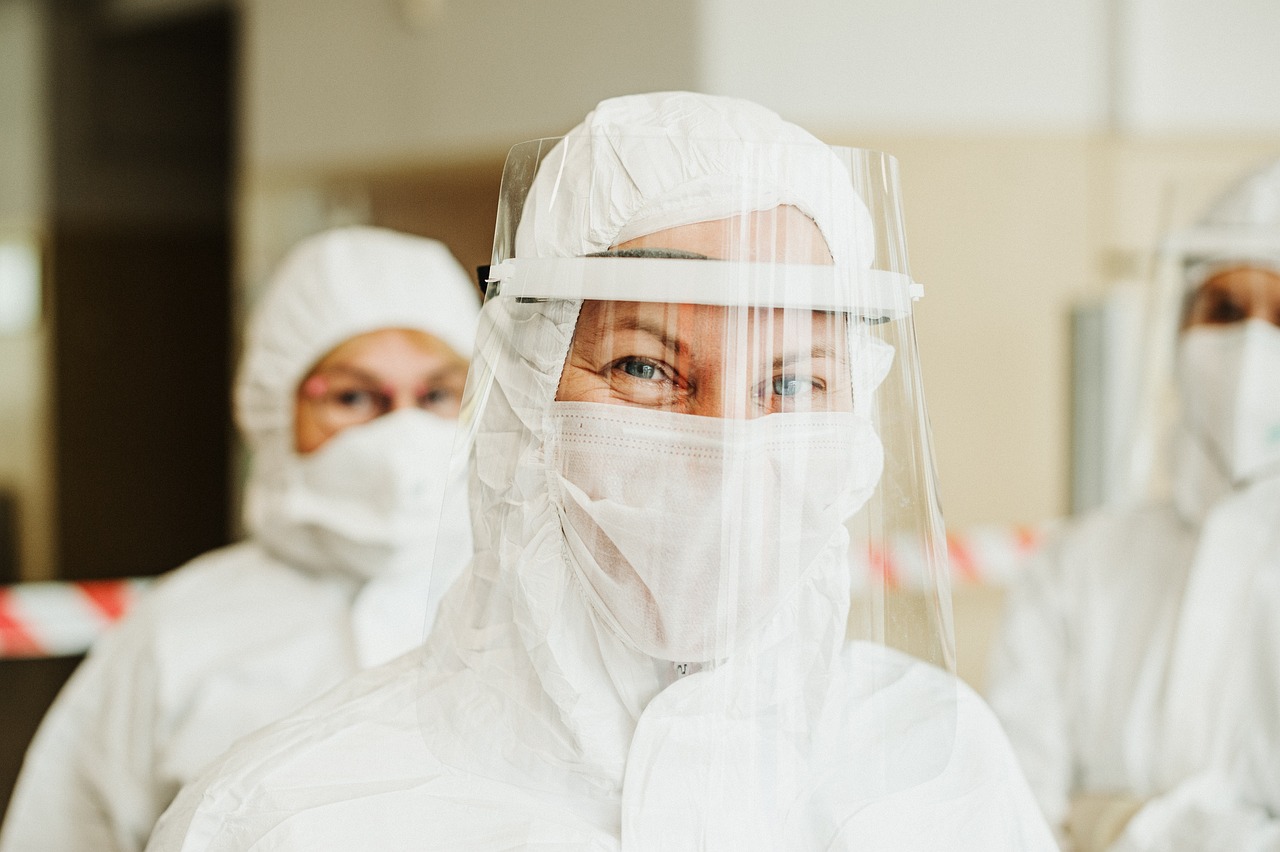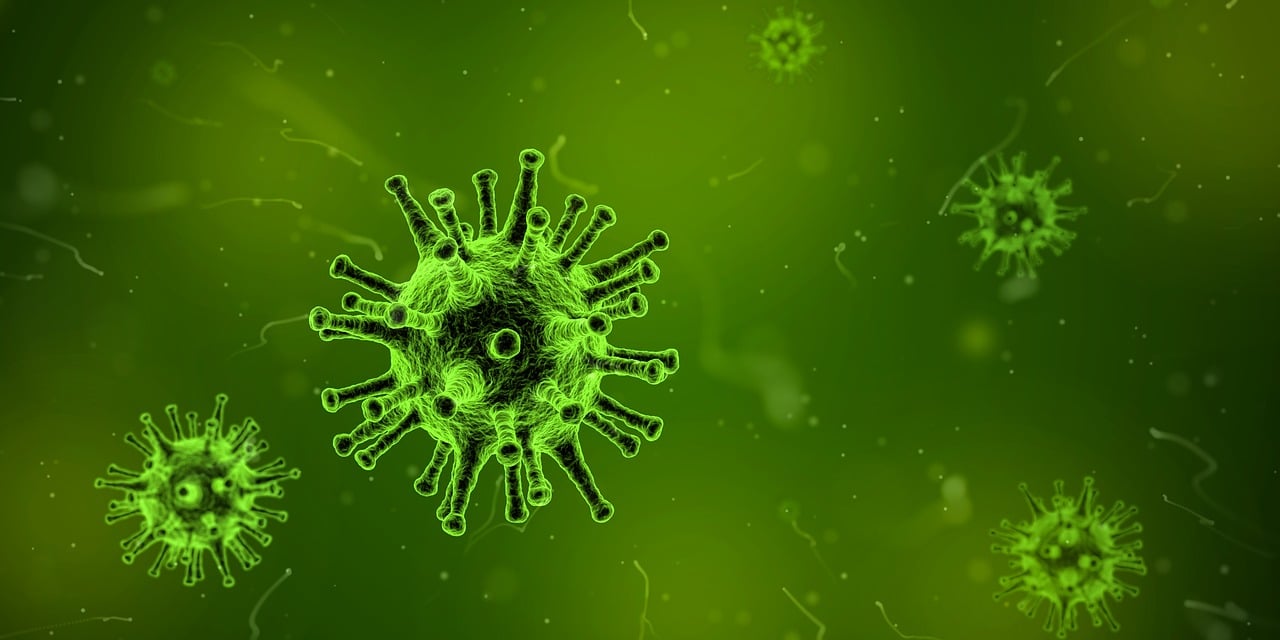For yet another year, Nigeria grapples with an outbreak of cerebrospinal meningitis strain C, posing significant health risks to the population. While medical interventions are crucial, community involvement emerges as a cornerstone in the response effort.
Recognizing this, the World Health Organization (WHO) partnered with the Yobe State Government to mobilize local leadership and grassroots engagement in driving community awareness campaigns to contain the outbreak.
Meningitis, a severe infection causing inflammation of the membranes surrounding the brain and spinal cord, spreads through respiratory or throat secretions. In Yobe state alone, the ongoing outbreak has claimed the lives of at least 84 individuals as of week 15, 2024.
Containing the meningitis outbreak in a state enduring prolonged humanitarian crisis, like Yobe, is paramount not only to prevent unnecessary loss of life but also to safeguard the well-being and stability of affected populations and prevent further escalation of the crisis.
With funding from the United States Agency for International Development/Bureau for Humanitarian Aid (USAID/BHA), WHO spearheaded stakeholder engagement involving religious, traditional, and community leaders in affected Local Government Areas (LGAs).
Hakimi Mai Hassan, the Emirate Focal Person representing the Emir of Fika and Chairman Council of Chiefs in Yobe state, lauds the state government, WHO, and other partners for their sensitization efforts. He emphasizes the effectiveness of engaging community members through traditional and religious leaders in containing the outbreak.
Mr. Abdullahi Danchuwa, speaking on behalf of the Yobe State Emergency Medical Ambulance Service, underscores the necessity of effective community engagement and participation. He praises WHO's leadership in enhancing these efforts and expresses confidence in containing the outbreak through collaborative action.
In addition to community engagement, WHO has trained healthcare workers and strengthened surveillance, laboratory, and case management systems across affected LGAs. One hundred community-recognized active case search teams have been deployed to intensify awareness and early detection/reporting of suspected cases.
Dr. Kumshida Yakubu Balami, WHO Northeast Nigeria Interim Emergency Manager, reaffirms WHO's commitment to international health response, particularly in prolonged humanitarian crises. Dr. Balami emphasizes the importance of reaching vulnerable communities and constantly refining community engagement strategies for effectiveness and sustainability.
Furthermore, WHO facilitated the approval and availability of 400,825 doses of Men5CV (ACYWX Conjugate Vaccine) through the International Coordinating Group (ICG). A vaccination campaign targeted susceptible individuals aged 1 to 29 years across Potiskum and Nangare LGAs in Yobe state.










